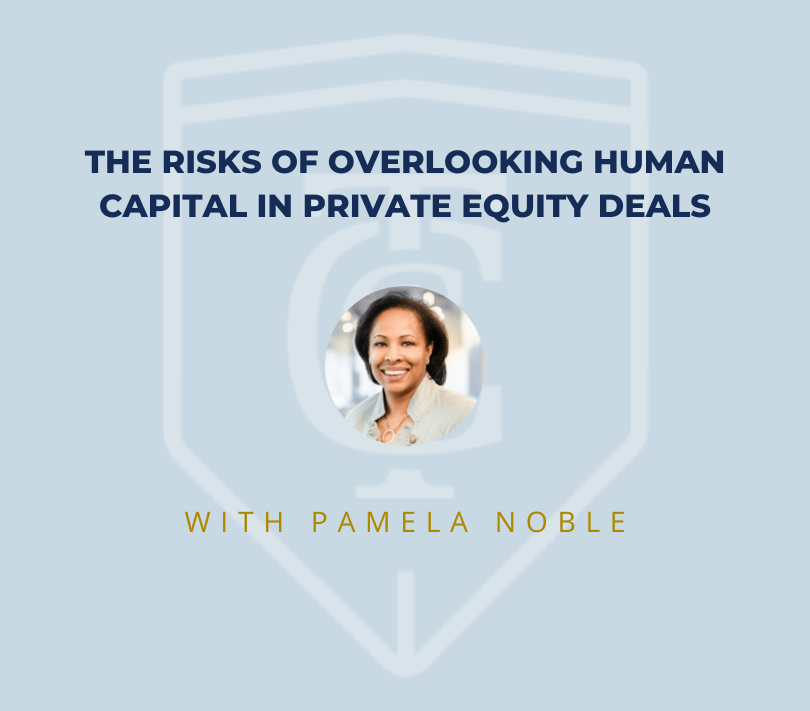
Private equity (PE) firms meticulously analyze financials, market conditions, and operational efficiencies before closing a deal. However, a critical component often receives insufficient scrutiny: human capital. Chief Human Resources Officers (CHROs) play a crucial role in ensuring that people-related risks do not derail an otherwise promising investment. Without proper due diligence in this area, PE firms expose themselves to hidden liabilities that can erode value and hinder post-deal performance.
Leadership Gaps That Impact Performance
One of the most immediate risks in a PE transaction is the presence of leadership gaps. Many firms focus on financial and strategic due diligence but fail to assess the readiness and capability of the executive team. Weak leadership can slow integration efforts, disrupt strategic execution, and ultimately reduce a company’s ability to deliver projected returns. CHROs must conduct leadership assessments early in the due diligence process to identify gaps, plan succession strategies, and ensure the team is equipped to execute the firm’s growth strategy.
Cultural Misalignment Leading to Retention Challenges
Merging two organizations—or transitioning a founder-led business to institutional ownership—requires more than just financial alignment. Cultural fit is equally crucial, yet often overlooked. When employees struggle to adapt to new leadership styles, operational changes, or shifts in organizational values, retention rates can suffer. High attrition among key talent can destabilize an organization and lead to costly delays in achieving investment goals.
Beyond the explicit cultural values, it is also important to uncover unwritten policies and informal norms that influence employee behavior. Many new employees struggle not with formal policies but with the nuances of workplace expectations, communication styles, and decision-making processes. CHROs should proactively assess these cultural undercurrents, engage with key stakeholders to understand informal power structures, and develop strategies to bridge gaps between existing and incoming teams. Addressing these hidden cultural conflicts can facilitate smoother integration and reduce friction in the workforce.
Hidden Liabilities: Poor Engagement and Underdeveloped Talent Strategies
Beyond leadership and culture, PE firms must also assess the depth and effectiveness of an organization’s talent strategies. A workforce with low engagement or insufficient skill development can impede growth, hinder innovation, and increase operational costs. Companies that lack a structured talent pipeline or fail to invest in employee development may struggle to scale effectively post-acquisition. CHROs should leverage engagement surveys, workforce analytics, performance management and talent audits to uncover these hidden risks and develop strategies to optimize workforce performance.
Human capital is not just a support function—it is a key driver of business success. By integrating human capital due diligence into the PE investment process, CHROs can help mitigate risks that threaten long-term value creation. Addressing leadership gaps, cultural fit, unwritten policies, and workforce engagement early can transform an acquisition from a financial transaction into a sustainable growth opportunity. PE firms that recognize the strategic importance of human capital will be better positioned to maximize returns and build resilient, high-performing organizations.
About Pam Noble
 Pam Noble joined The Christopher Group in 2019 as the President of the Consulting Services Division and Chief Human Resource Officer. With over 25 years of comprehensive human resource leadership, Pam currently leads the Executive Solutions and DEIB Practice. Her extensive experience as a former CHRO and Chief Talent Officer has enabled her to build HR departments as strategic partners, enhance corporate-wide employee engagement, and spearhead DEIB initiatives—all while maintaining a reputation for high personal integrity.
Pam Noble joined The Christopher Group in 2019 as the President of the Consulting Services Division and Chief Human Resource Officer. With over 25 years of comprehensive human resource leadership, Pam currently leads the Executive Solutions and DEIB Practice. Her extensive experience as a former CHRO and Chief Talent Officer has enabled her to build HR departments as strategic partners, enhance corporate-wide employee engagement, and spearhead DEIB initiatives—all while maintaining a reputation for high personal integrity.
Pam has a Doctorate in Transformational Leadership and Coaching from MIU, where her dissertation focused on unconscious bias. To learn more about Pam visit her bio page.

